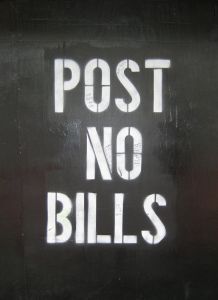 What is Search Jacking? And how is it bad?
What is Search Jacking? And how is it bad?
The term Search Jacking is used when a program or network takes you to a search engine when you type an incorrect address into your web browser (e.g. Internet Explorer). For example, if you enter ffraudo.com into the address bar of your web browser it is supposed to show you an error. The address doesn’t exist (at the time of writing this article). At least that’s how it’s meant to work in theory.
Some people with large marketing ambitions decided that if you enter an address that doesn’t exist it should take you to a search engine that can suggest some websites for you. One prominent company that did this is Microsoft. Microsoft’s Internet Explorer takes you to a search engine and suggests some other sites, and not necessarily the site you really wanted to see.
There have been a few companies that have taken it upon themselves to redirect the general internet user to their search engine of choice. And their choice is decided by whoever’s paying them the most. The technique is similar to domain squatting, where mistyping a web site takes you somewhere unexpected. Cox and Earthlink have also used this technique before.
The latest in search jacking attempts comes from Verizon (an American telecommunications company). If your internet is connected through Verizon and you try going to an invalid web site, you might land on Verizon’s search website (for the moment it’s active on one of their fibre network).
Is there a danger to you? For now there’s no real danger, it’s more of a nuisance. Soon they’ll most probably start putting ads on this search site. It’s a little deceptive, and is called by some as “accidental content delivery”. You accidentally type in an incorrect address, they deliver content of their choice. And of course they’ll make money from it.
It’s more of a nuisance for now, and if it works out for them other companies are likely to follow. If your network has already adopted this search jacking system you could complain to your internet provider. After all, someone’s paying for your internet connection and you shouldn’t expect your internet provider to fill it with ads for you.
The article enlightend me to greater understanding of ‘weird’ things that happen when I’m surfing. Thank you 🙂